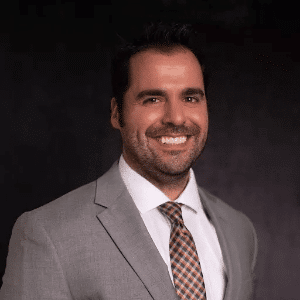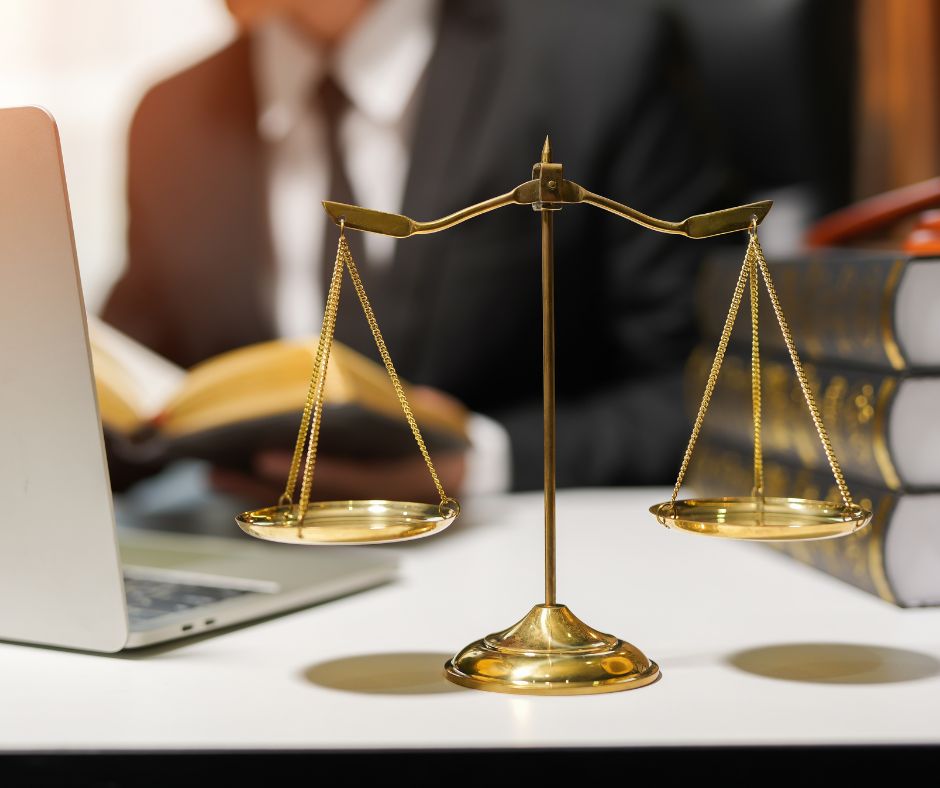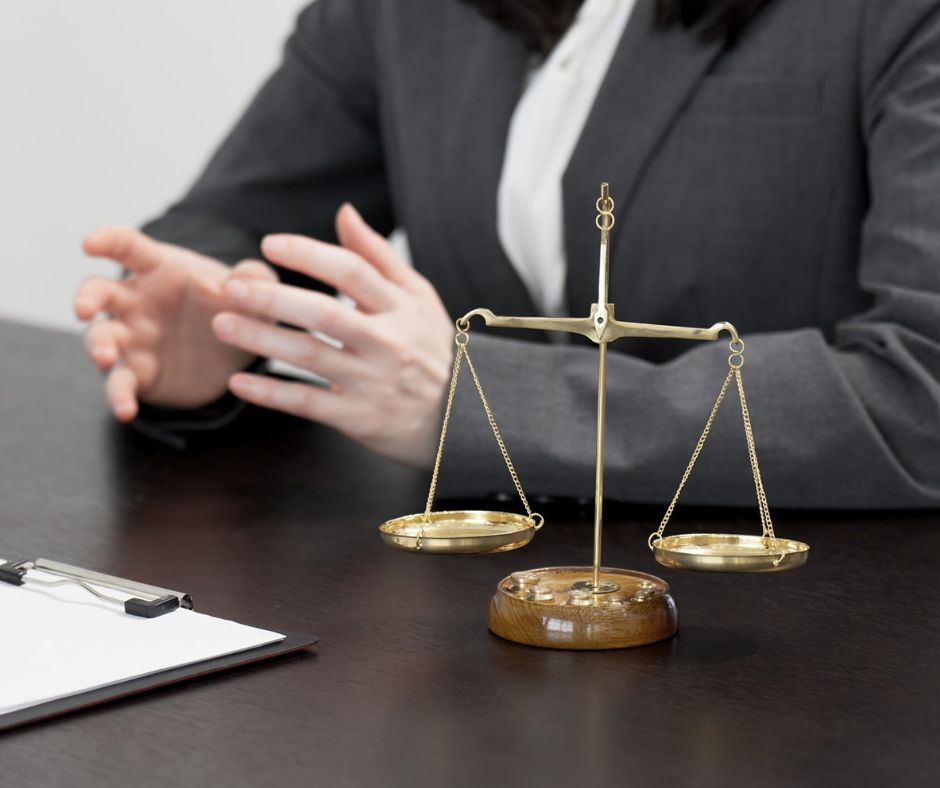If you are a victim of sexual abuse or know someone who is, it can be an emotional time and difficult to understand what counts as sexual abuse. There’s a common misconception that sexual abuse involves severe sexual violations and violent behavior. But sexual abuse occurs any time one person touches another in a sexual manner without their permission.
What Is Sexual Abuse?
Sexual abuse may include:
- Nonconsensual sexual contact or activity, including groping, fondling, or sexual touching;
- Coercing someone to engage in sexual activity through improper abuse of power;
- Sexual activity with a minor;
- Forcing performance of sexual acts;
- Taking and distributing pictures or videos of sexual or lewd acts without consent; and
- Engaging in nonconsensual sexual activity with someone who is under the influence of drugs or alcohol.
Circumstances like this are what counts as sexual abuse.
If you have a friend who exhibits signs of sexual abuse, it’s essential to be an emotionally and physically safe place for them. If they are willing to seek help, notify the police immediately. The police can perform tests for evidence, such as a rape kit, and open an investigation against the abuser.
If the victim is not open to filing a police report or has already done so but an investigation did not yield criminal charges, you can encourage them to file a civil suit.
Whom Can I Sue?
In addition to the perpetrator, victims of sexual abuse can sue other organizations or individuals involved that supported or failed to prevent the sexual abuse when they were in a position to do so. Sexual assault can occur anywhere, including:
- At your workplace,
- At your home,
- Commuting to and from either place,
- Out and about in your local area, or
- While traveling.
For example, if you suffered sexual abuse at work, consider naming the workplace as a party in the civil suit. Or if it happened in a dark parking garage that is typically lit, you can sue the company that owns the garage. Encourage the victim of sexual abuse to think critically about their surroundings and the circumstances to uncover who could be liable. Talking to an attorney who can seek damages on their behalf for sexual assault can be another great option.
How Do I Prove Sexual Abuse?
In a criminal case, the person suing the abuser must prove the abuse “beyond a reasonable doubt.” Alternatively, in a civil case, the person suing the abuser or those involved in the abuse needs to prove liability only by a “preponderance of the evidence.”
Unlike with the beyond-a-reasonable-doubt standard, the preponderance-of-the-evidence standard requires only proof that it is more likely than not that the person or organization sued is responsible for the abuse.
A civil sexual assault claim can arise when:
- The perpetrator intentionally touches another’s intimate part without consent;
- The perpetrator intentionally touches someone else with their intimate part without consent; or
- The perpetrator causes contact with a sexual organ without protection when the partner did not know protection was removed and did not give consent.
If you decide to file a civil sexual assault claim against the abuser, strict deadlines, known as statutes of limitations, apply. It’s crucial to file as soon as possible once you decide to pursue legal action. An adult generally has ten years from the date of the abuse to bring a civil suit. Alternatively, a minor has until their 40th birthday to file a civil claim.
What Damages Can I Recover?
No amount of money will be able to make up for the trauma you have endured. But filing a civil lawsuit is an important way to hold the perpetrator and those who supported them accountable. A civil lawsuit can require them to pay for damages like:
- Emotional trauma,
- Scarring,
- Insomnia or the inability to sleep,
- Counseling or therapy,
- Medical bills,
- Lost wages,
- Diminished enjoyment of life,
- Anxiety,
- Pain and suffering, and
- Lost earning capacity.
If you’ve incurred damages under any of these categories due to the sexual abuse committed against you, consider filing a civil suit. It’s important to remember that the abuse is never your fault, and healing is possible. Gather a strong support group around you and seek legal counsel for filing a civil suit against the abuser or those involved in the sexual abuse.
Consider Silva Injury Law
If you’ve suffered sexual assault, asking for help is an excellent step forward. At Silva Injury Law, we remember that our clients are people, not just cases. Talking about the abuse or assault can be a painful process, and at Silva Injury Law, we make it our mission to fight for your justice. Give us a call today!
Find Out How We Can Help
At Silva Injury Law we promote healing through compassionate advocacy. With each case tailored to the individual, we look our for your best interests by evaluating your unique circumstances. Contact us today for a FREE in person or remote consultation.














 EMAIL
EMAIL  Ask AI
Ask AI  Access
Access